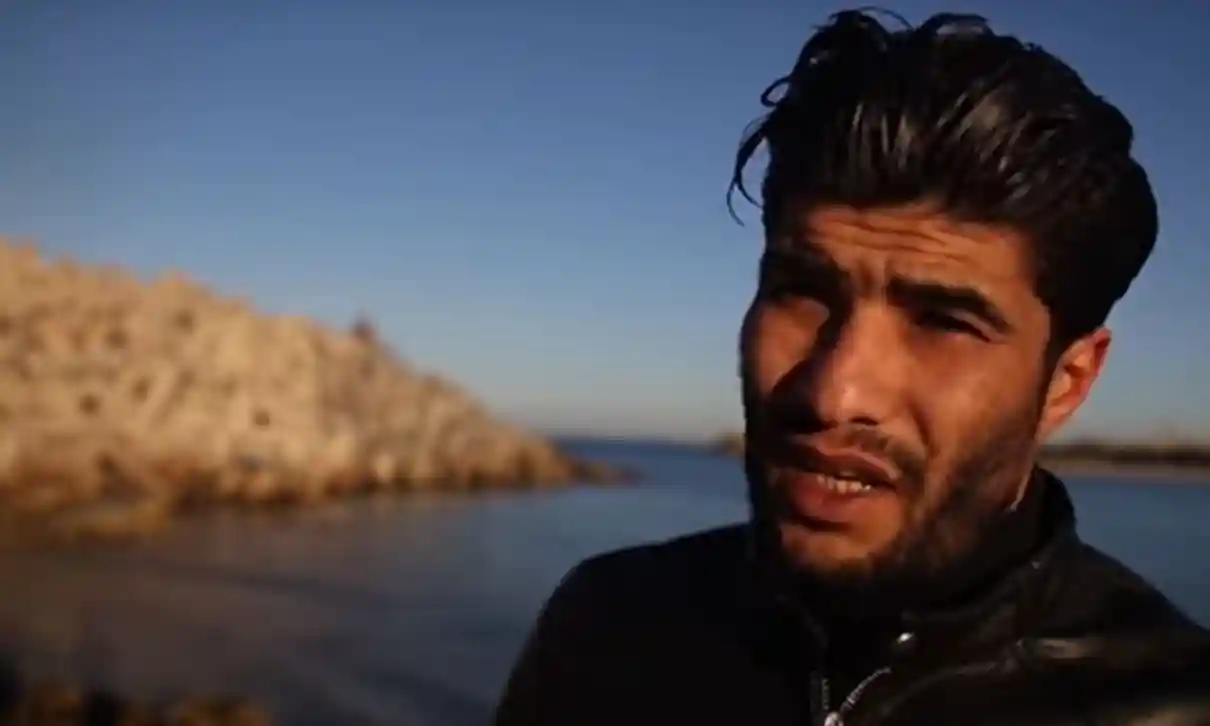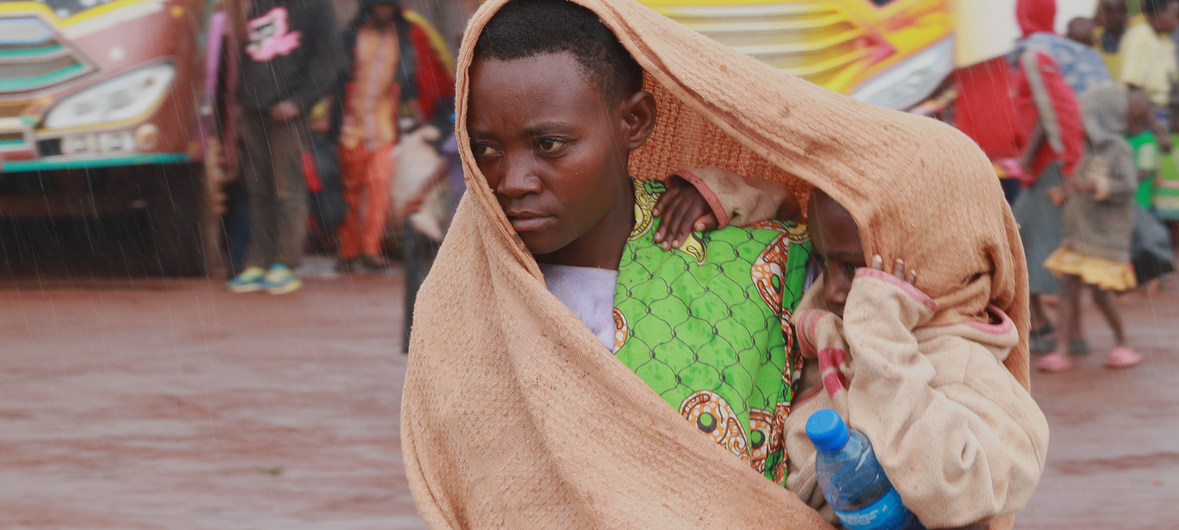CNN’s Blatant Disinformation About Russia-Ukraine Activity – OpEd
MSNBC host Joe Scarborough’s belittling comments against fair and balanced Russia related journalism relate to an April 12-13 CNN airing on recent matters concerning Russia and Ukraine. The segment at issue begins with CNN reporter Matthew Chance joining Ukrainian President Volodymyr Zelensky at the frontline of the demarcation area between the forces of the Ukrainian government and Donbass rebels. Thereafter, CNN news anchor John Vause follows up with longtime US academic/mass media journalist Jill Dougherty.
The false spin is given that Russia increased tension by amassing troops along its border with Ukraine. In actuality, the Kiev regime’s dramatic military buildup near the Donbass rebels occurred beforehand. This oversight is in line with the aforementioned CNN segment misidentifying Ukrainian forces as being Russian.
The CNN bit gives an inaccurate psychoanalysis of what’s motivating the recent Russian military activity. Omitted, is some otherwise valid insight of what could very well be influencing Zelensky and the Russian response to him. Zelensky’s low poll numbers are in part due to the miserable socioeconomic conditions in Ukraine and some faulty decision-making on the part of his government. Unable to get a prompt delivery of Western Covid-19 vaccinations, the Ukrainian government shot down the possibility of acquiring the Russian Sputnik vaccine. That stance can be reasonably seen as a shortsighted nationalist stance. It’s not as if Russia and Ukraine don’t commercially interact. Despite the differences between their governments, Russia remains a key trading partner of Ukraine.
Zelensky won the last Ukrainian presidential election on a platform that wasn’t as confrontational towards Russia as his opponent Petro Poroshenko. The former has since done an about face with brazen comments towards Russia and the Donbass rebels. The same can be said of his statement about Ukraine taking back Crimea (something that the majority of Crimean residents don’t support) and presiding over the closure of some Ukrainian (not Russian) media venues which aren’t so critical of Russia when compared to the Kiev regime’s preferred imagery. (Instead of condemning that move as a violation of press freedom, the Biden administration and some others have hailed that undertaking as a positive act against “Russian disinformation”.)
The Ukrainian government hasn’t made much, if any effort to interact with the Donbass rebels as stated in the Minsk Protocol of 2014. This aspect was casually downplayed by Dougherty in the Q & A with Vause.
In 1982, an unpopular Argentine junta attempted to militarily takeover the Falkland Islands from the United Kingdom. Initially, that move won (albeit temporarily) the Argentine regime large scale political support across the left-right political spectrum in Argentina and much of Latin America. The Kiev regime’s increased military move towards the Donbass rebels, serves as both a diversion to Ukraine’s socioeconomic problems and a testing of key particulars.
Perhaps the Argentine military were hoping that Britain’s resolve wouldn’t be so great, in conjunction with the junta getting a break from its opposition. In comparison, the overall Ukrainian enthusiasm for forcefully taking over the rebel held Donbass territory isn’t as great as the 1982 Argentine support for its government move on the Falklands.
Some Ukrainian nationalists see the Donbass area as a pro-Russian burden to the effort of a Ukraine opposed to Russia. Others see the humanitarian dilemma involved with military action relative to the civilian population in Donbass.
This last point is a concern for Russia as well. Many of the Donbass residents have Russian citizenship and/or familial links to Russia. The Russian government is well aware of a hypothetical Croatian Operation Storm scenario, which will be problematical for Russia, in terms of taking in a considerable number of Donbass residents and having nationalist anti-Russian elements in a stronger position.
In response to the increased Ukrainian government military presence near the rebels, Russia’s armed buildup along a portion of Ukraine’s northeastern border and stern statements, have sent a clear message that Moscow will not stand idly by in the event of a Croatian Operation Storm like move. The Ukrainian government could very well lose additional territory in a military confrontation with Russia.
Russia’s response seems to have paved the way for a possible de-escalation of tension – something that the CNN segment didn’t bring up. Confrontation with Russia is in line with a sensationalist media, influenced by neocons, neolibs and flat out Russia haters.
Put mildly, it’s wishful thinking for pro-Kiev regime supporters to hope for a robust NATO backing, in the event of an armed Russian-Ukrainian confrontation. Rhetorically bashing Russia shouldn’t be confused with seeking a foolish war with that nation. Likewise, it’s quite doubtful that the Russo-German Nord Stream 2 Pipeline will get quashed at this very late stage of its development.




